Search
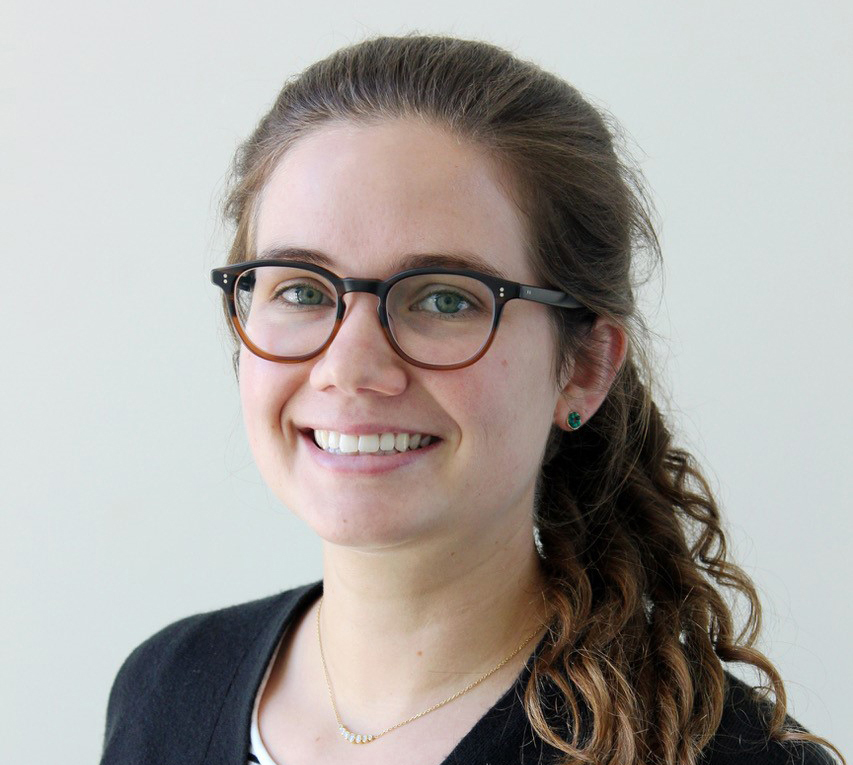
Youth mental health researcher Penelope Strauss has been named an AMP Tomorrow Maker – the first researcher from The Kids Research Institute Australia to win one of the annual AMP Foundation grants.
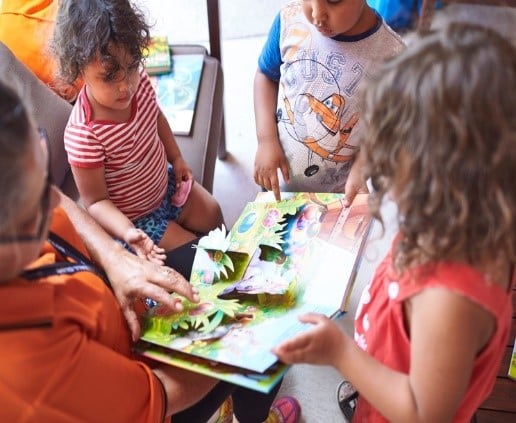
A new report on families with 0-4 year olds in the Midland area aims to help shape development of the sector and ensure parents are better placed to access support in their efforts to ensure the healthy development of their babies and toddlers.
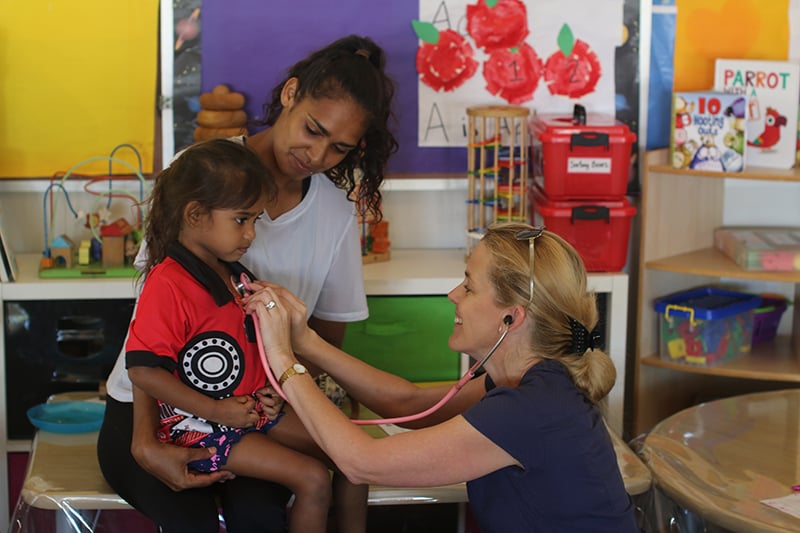
The Kids Research Institute Australia lung health researchers have launched a campaign to raise awareness of wet cough and lung disease in Aboriginal children.

Congratulations to Dr Gail Alvares and Dr Rachel Foong, who have been awarded funding from the Raine Medical Research Foundation.
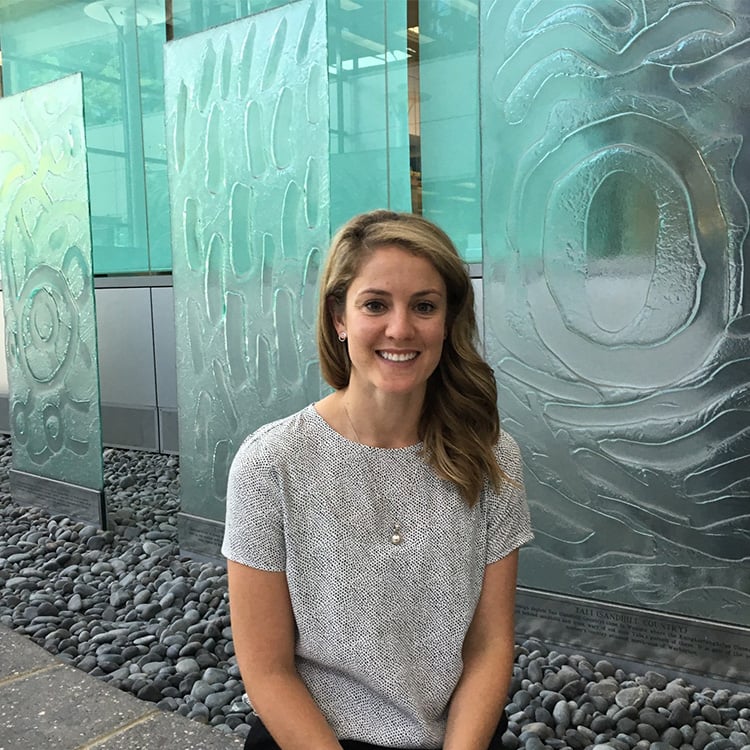
It’s hoped a new therapeutic playgroup being trialled in Perth will help parents and caregivers cut through the stress and become more confident.
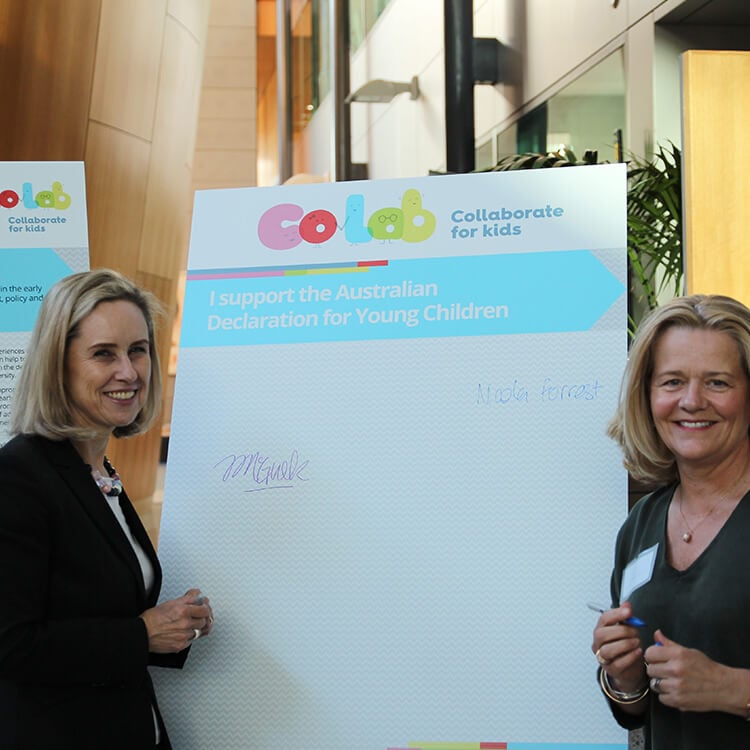
More than 70 leading early childhood experts have come together with CoLab to develop the first-ever Australian Declaration (of evidence) for Early Childhood.
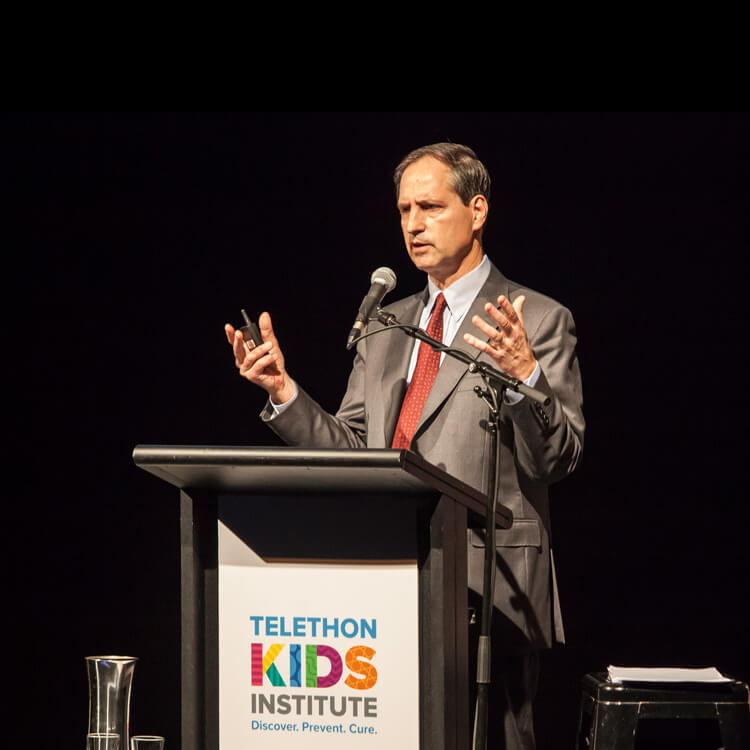
Professor Bloom used his time to make a powerful case for the idea that 'healthier means wealthier' at the The Kids Annual Community Lecture for 2017
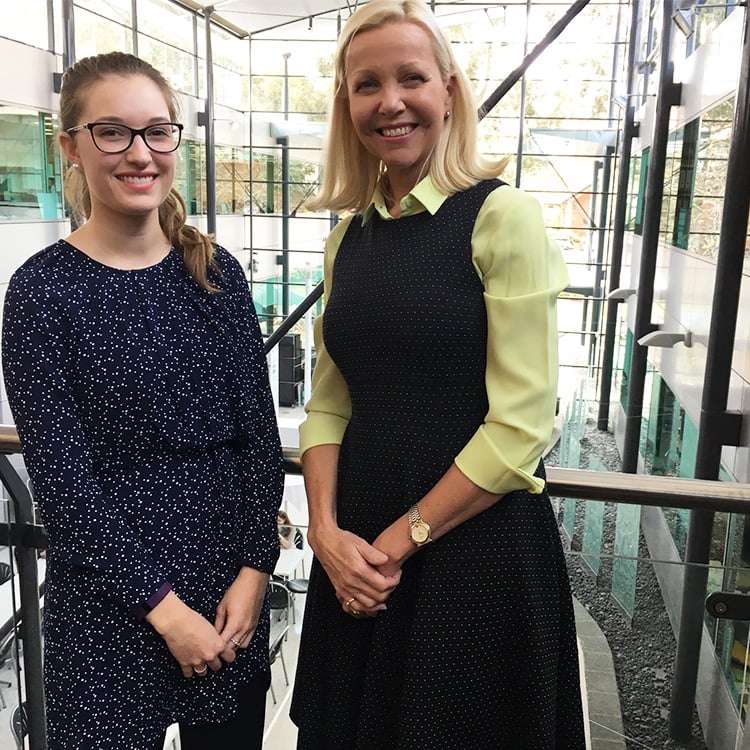
Curtin University researcher Belinda Cuomo is one of the first recipients of a CoLab Top-Up Scholarship.
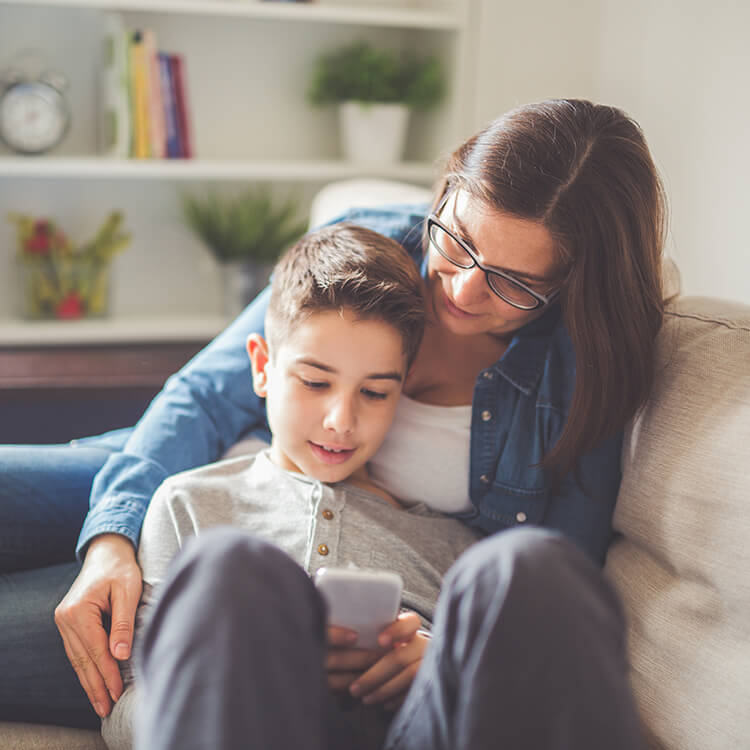
Wangle Technologies, with the support of The Kids, has today launched Wangle Family Insites, a unique new app to help parents keep their family safe online
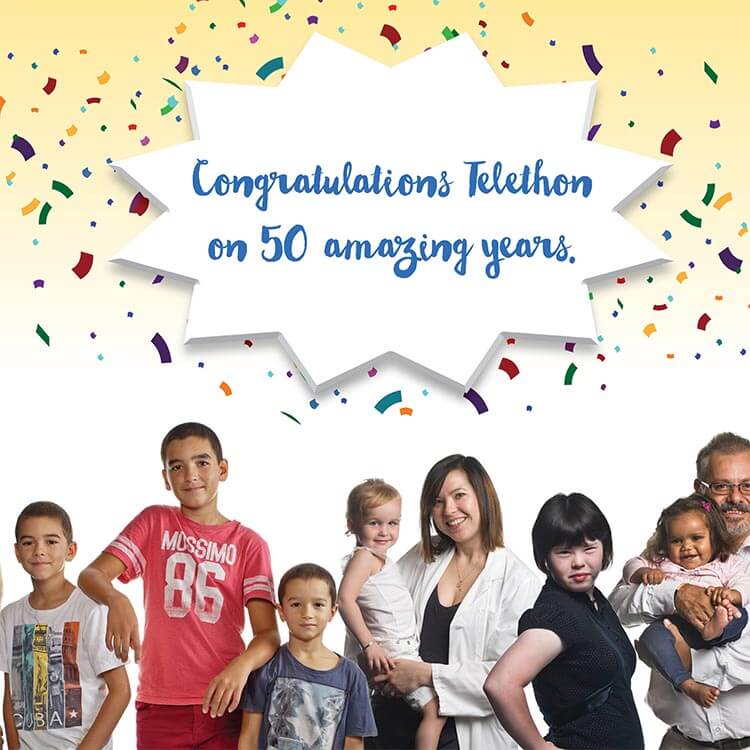
This year sees WA’s much loved Channel 7 Perth Telethon reach a huge milestone, with 2017 marking the annual event’s 50th year of children's health fundraising.
